Coronavirus (COVID-19) false stories and how they are spreading
Should you gargle vinegar? Avoid ibuprofen as it’s a coronavirus accelerator? When it comes to COVID-19, these are the claims to be wary of.
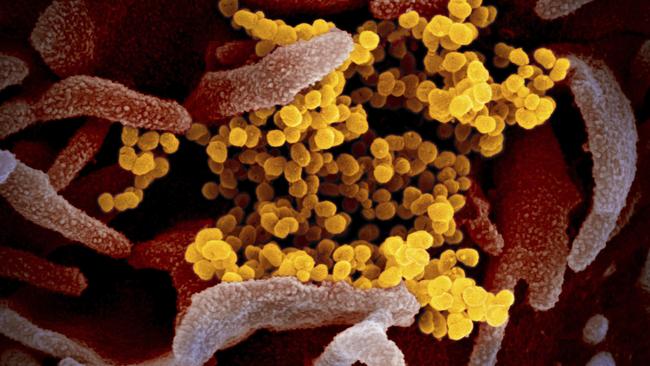
False claims about COVID-19 are sweeping the internet and becoming a major source of misinformation.
Does a popular pain reliever accelerate the effects of the virus? Is gargling with vinegar helpful? Or are you safer living in the snow, because cold weather kills the virus? Here are some of the stories doing the rounds on the internet that you need to be wary of.
-
CLAIM: “COVID-19 is a manufactured bioweapon that emerged from a state-owned lab in Wuhan, China.”
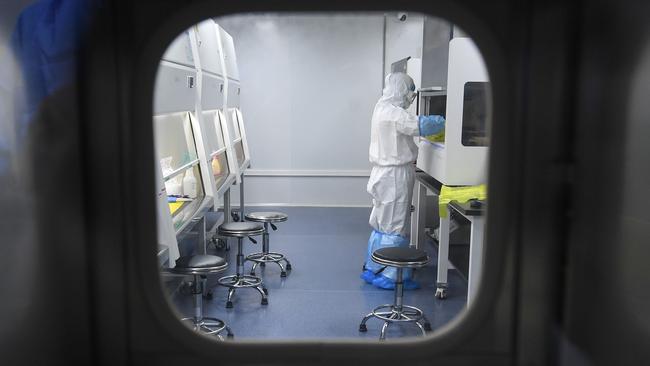
FALSE: No concrete evidence supports the idea that COVID-19 was created in a lab. Genomic studies suggest that the novel coronavirus originated in bats. Natural News is among many misleading websites reporting that the virus “was engineered by scientists in a lab” and “engineered with AIDS-like insertions”.
-
CLAIM: “Patients with severe symptoms of COVID-19 had taken the painkiller ibuprofen before they were hospitalised.”
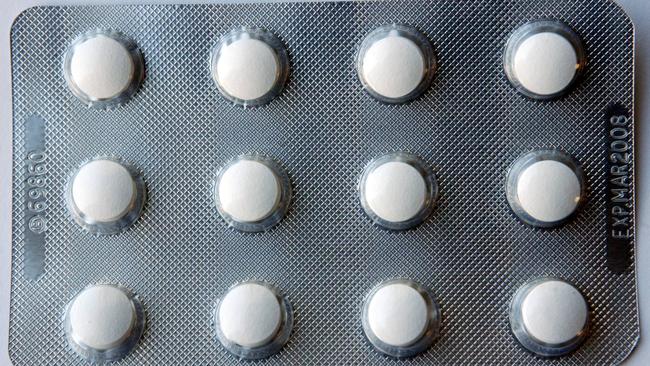
FALSE: A WhatsApp message originating in Germany is believed to be the first to claim that testing by the Medical University of Vienna had found “strong evidence that ibuprofen accelerates the multiplication of the virus.” The university itself has flagged the message as fake, and says it doesn’t conduct any research into the potential effects of ibuprofen on COVID-19. Last weekend, the university’s website collapsed temporarily, but German-language Google searches for the keywords “ibuprofen” and “corona” spiked on Saturday.
“Nonsense,†said Johannes Angerer, a spokesperson for the Medical University of Vienna. “We neither discussed this internally, nor do we conduct any research into the potential effects of ibuprofen on COVID-19.â€https://t.co/TL6NaLb1e5
— ðš‰ðšŽðš’ðšðšðš˜ðš”ðšžðšœ (@Zeitfokus) March 17, 2020
-
CLAIM: “Eating garlic can treat COVID-19.”
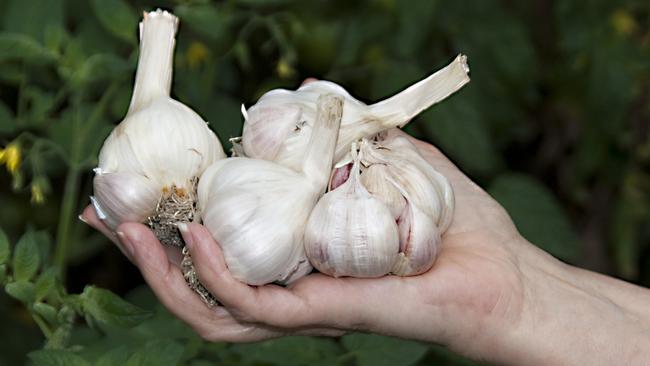
FALSE: Don’t believe everything you read on social media, particularly a post that says: “Good news, Wuhan’s coronavirus can be cured by one bowl of freshly boiled garlic water.” The World Health Organisation says there is “no evidence from the current outbreak that eating garlic has protected people from the new coronavirus”. We can confirm, though, that drinking garlic water will definitely give you bad breath.
-
CLAIM: “Gargling with water or vinegar ‘eliminates’ the coronavirus.”
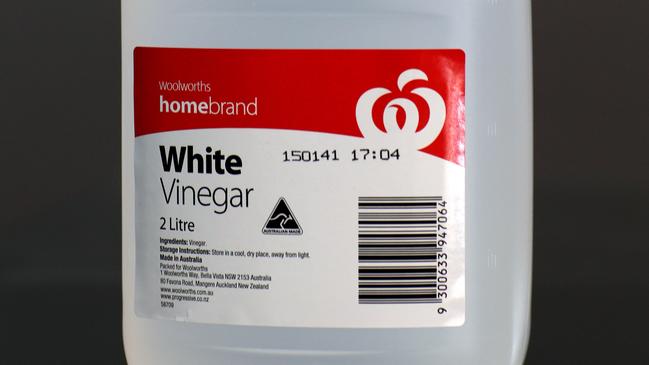
FALSE: Another social media furphy. There is no specific medicine recommended to prevent or treat the new coronavirus, according to the WHO.
-
CLAIM: “Hand sanitiser will ‘do nothing for the coronavirus’.”
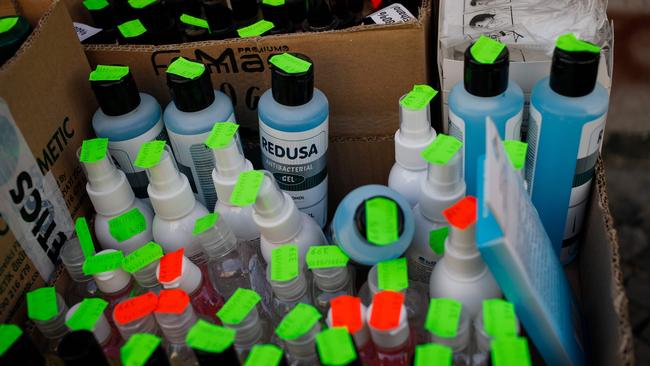
FALSE: There are several screenshots circulating on Facebook that we shouldn’t use hand sanitiser, but if you see them, ignore them. The US Centers for Disease Control and Prevention says the use of hand sanitisers with 60 per cent alcohol helps prevent contracting and spreading the virus.
-
CLAIM: “Cold weather and snow kills the virus.”

FALSE: Cold weather and snow cannot kill the new coronavirus or other diseases, the WHO says. Our normal body temperature remains around 36.5°C to 37°C, regardless of the external temperature or weather. The best protection is frequently washing your hands.
-
CLAIM: “Coronavirus self-test — if you can hold your breath for more than 10 seconds without coughing, you don’t have coronavirus.”
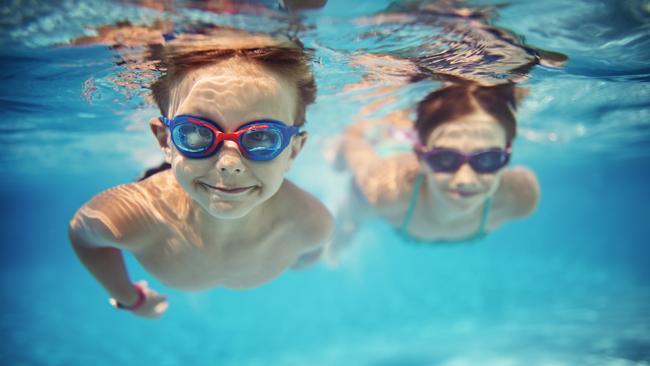
FALSE: Posted on Facebook, Instagram and Twitter, messages citing “Taiwan experts” or “Japanese doctors”, and some showing a fabricated text marked “Stanford Hospital Board”, claim that you can test yourself for coronavirus by holding your breath. Stanford Health Care has denied any link to the claim, which has been described by health authorities as incorrect and dangerous.
You can find more information on fake news about the coronavirus by visiting the WHO’s myth buster site.



To join the conversation, please log in. Don't have an account? Register
Join the conversation, you are commenting as Logout